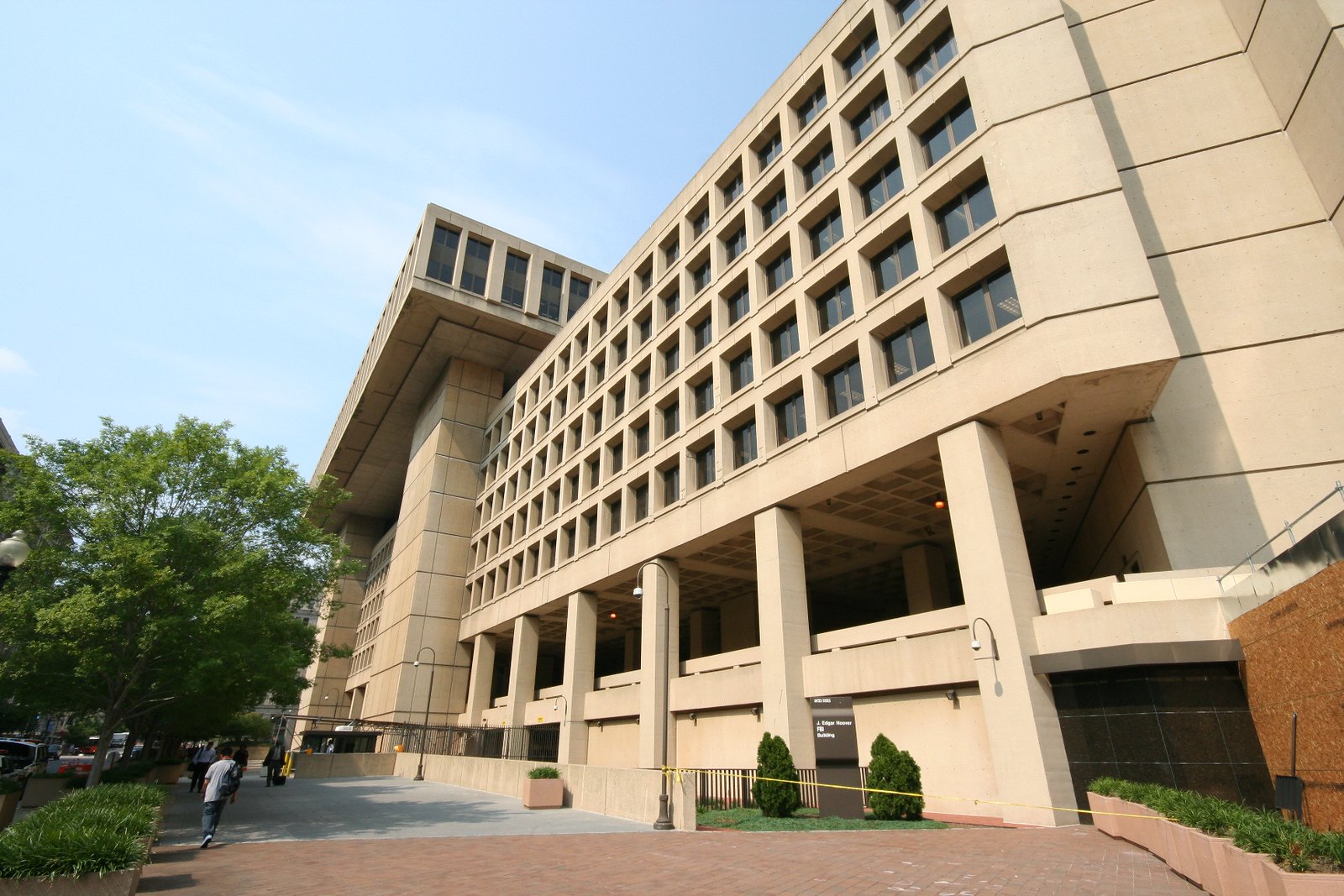The Apprentice Tapes May Be a Threat to National Security
Recent disclosures about Donald Trump’s remarks to Billy Bush have raised speculation that unaired footage from The Apprentice might contain similarly troubling content, which would cause obvious problems for Trump’s campaign if it were released. But the real threat would arise if embarrassing content remains concealed for now, but is used after a Trump victory to manipulate the future president. This risk highlights that it is time to rethink how we vet presidential candidates.
Published by The Lawfare Institute
in Cooperation With

Recent disclosures about Donald Trump’s remarks to Billy Bush have raised speculation that unaired footage from The Apprentice might contain similarly troubling content, which would cause obvious problems for Trump’s campaign if it were released. But the real threat would arise if embarrassing content remains concealed for now, but is used after a Trump victory to manipulate the future president. This risk highlights that it is time to rethink how we vet presidential candidates.
When someone is nominated for a political or judicial appointment, that person faces a stringent vetting process that probes for past political, personal, or financial improprieties. Among other goals, vetting helps avoid the risk of scandal during the Senate confirmation process or once in office. Those who seek employment in jobs that implicate U.S. national security are also formally vetted, and they must answer specific questions on security clearance forms concerning past embarrassing or criminal behaviors. We ask these questions to avoid hiring those whose past conduct might make them an appealing target for foreign states or non-state actors who wish to use those behaviors against them. In essence, the clearance process tries to guard against giving foreign states targets to blackmail.
Yet our candidates for the highest office face neither of these processes. Yes, they must run the public gauntlet, and opposition research on both sides attempts to dig up harmful information about opponents. Political parties usually have incentives to avoid selecting candidates with the kind of baggage that might drag down the entire ticket. But these processes are far from perfect. As this year’s election shows, party leaders exercise mostly informal power, and they can lose control of the nomination process. And it has been leakers, not opposition researchers, who have been responsible for the most salacious information that has emerged this campaign season.
The recent revelations about Trump reveal in stark terms the deficiencies in the current process. Other information may well still be out there that might render a President Trump susceptible to blackmail and directly harm our national security. Perhaps that information is contained in unaired Apprentice footage, unreleased tax returns, or some other as-yet-unimagined format. Concerns about legal liability may prevent potential leakers from releasing this information, despite the potential to inoculate a future President Trump from the risk of blackmail by disclosing the information prior to the election.
In this day and age, the prevalence of electronic hacking renders the likelihood of blackmail even more potent. That trend seems unlikely to reverse itself: It is becoming increasingly easy for foreign states and non-state actors to obtain all of the historical breadcrumbs left behind by those who choose to run for office.
Perhaps it is time to consider an institutional mechanism to ensure that future presidential candidates are properly vetted. One option would be to enact a statute that conditioned the receipt of federal campaign funds on the release by presidential candidates of certain core information, such as their tax returns. After all, Congress has placed other conditions on federal candidates, including the disclosure of their donors. Another, less formalized option would be for political parties to mandate, well in advance of an election, that candidates make a standard set of disclosures (perhaps related to foreign business dealings, prior publications, and the like) before the party agrees to commit resources to even a successful nominee’s campaign. One suspects that Reince Priebus might wish that the Republican Party had such a standard in place before Trump entered the race.
Obviously, all of this can be taken too far. The confirmation process for judicial and political appointees is extremely onerous, and may dissuade capable individuals from public service. Some zone of privacy around candidates is likely desirable, and ultimately, it is the voters’ responsibility to decide who gets to serve in elected office. But recent events make clear that we need more vetting than we currently have.
When the dust from the next few weeks settles, we need to have a broader national conversation about what, exactly, we can and should expect in terms of pre-election disclosure. Failing to do so courts future episodes of blackmail that could inflict very serious national security consequences on our country.






